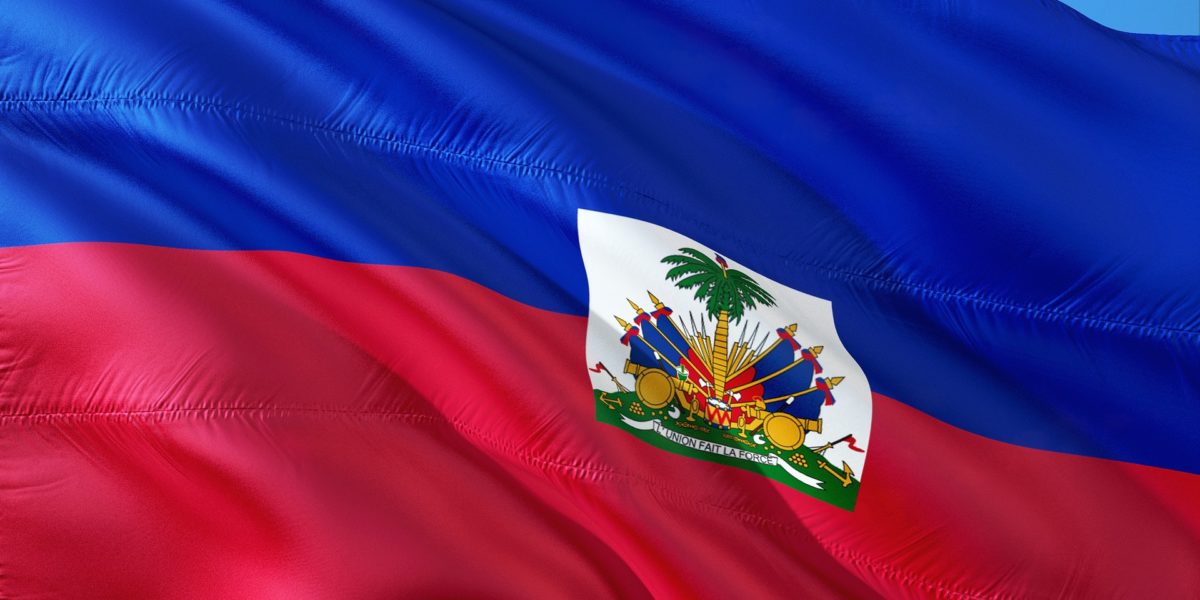“A Haitian president demands reparations and ends up in exile”, declared the front-page of the Wednesday, June 1 edition of the New York Times. Eighteen years later those who opposed the US, French and Canadian coup have largely won the battle over the historical record.
French ambassador Thierry Burkard admits that President Jean-Bertrand Aristide’s call for the restitution of Haiti’s debt (ransom) of independence partly explains why he was ousted in 2004.
Burkard told the Times the elected president’s removal was “a coup” that was “probably a bit about” Aristide’s campaign for France to repay Haiti.
Other major outlets have also investigated the coup recently.
In 2020 Radio-Canada’s flagship news program “Enquête” interviewed Denis Paradis, the Liberal minister responsible for organizing the 2003 Ottawa Initiative on Haiti where US, French and Canadian officials discussed ousting the elected president and putting the country under UN trusteeship.
Paradis admitted to Radio-Canada that no Haitian officials were invited to discuss their own country’s future and the imperial triumvirate broached whether “the principle of sovereignty is unassailable?” Paradis later denied that ousting Aristide was discussed at the 2003 conference.
Enquête also interviewed long time Haitian Canadian activist and author Jean Saint-Vil who offered a critical perspective on the discussion to oust Aristide.
Radio-Canada and the Times coverage was influenced by hundreds of articles published by solidarity campaigners in left wing outlets. Damming the Flood: Haiti and the Politics of Containment: Repression and Resistance in Haiti, 2004–2006, Canada in Haiti: Waging War on the Poor Majority, Haiti’s New Dictatorship: The Coup, the Earthquake and the UN Occupation, An Unbroken Agony Haiti, from Revolution to the Kidnapping of a President provide richer documentation about the coup, as do documentaries Haiti: We Must Kill the Bandits, Haiti Betrayed and Aristide and the Endless Revolution.
The Times article on Aristide’s ouster was part of a series on imperialism in Haiti the paper published on its front page over four days. “The Ransom” detailed the cost to Haiti — calculated at between $21 billion and $115 billion — of paying France to recognize its independence. Other articles in the series included “A bank created for Haiti funneled wealth to France” which showed how Crédit Industriel et Commercial further impoverished the nation in the late 1800s, and “Invade Haiti, Wall Street urged, And American military obliged” covered the brutal 1915–34 US occupation, which greatly reshaped its economy to suit foreign capitalists.
The Times decision to spend tens, maybe hundredsof thousands of dollars on the series was no doubt influenced by the Black Lives Matter movement and the paper’s 1619 project on slavery.
Additionally, Saint-Vil and other Haitian-North American activists have been calling for France to repay the ransom for more than two decades. In 2010 a group of mostly Canadian activists published a fake announcement indicating that France would repay the debt. Tied to France’s Bastille Day and the devastating 2010 earthquake, the stunt by the Committee for the Reimbursement of the Indemnity Money Extorted from Haiti (CRIME) forced Paris to deny it, which the Times reported. The group also published a public letter that garnered significant international attention.
While these campaigns likely spurred the series, a number of academics made it about themselves. White Harvard professor Mary Lewis bemoaned that her research assistant was cited in “The Ransom” but she wasn’t. Another academic even apologized for sharing the important story.
“I regret sharing the NYT article on Haiti yesterday. So many scholars are noting their egregious editorial practices. The writers of the article did not properly credit their sources.” Unfortunately, the academics’ tweets received thousands of likes.
Leaving aside the pettiness of academia, the series is not without questions and criticisms. First, will the Times apply the historical logic of the series to its future coverage of Haiti or continue acting as a stenographer for the State Department? More directly, why didn’t the series mention the “Core Group” that largely rules Haiti today? The series is supposed to show how foreign intervention has contributed to Haitian impoverishment and political dysfunction, but the Times ignores a direct line between the 2004 coup and the foreign alliance that dominates the country today.
Last week Haitians protested in front of the Canadian embassy in Port-au-Prince. They chanted against the Core Group, which consists of representatives from the US, Canada, EU, OAS, UN, Spain, Brazil and France. A protester banged a rock on the gates. Previously, protesters have hurled rocks and molotov cocktails, as well as burned tires in front of the Canadian Embassy.
The Times series has solidified the historical narrative regarding the 2004 coup and popularized the history of imperialism in Haiti. The series is a boon to North Americans campaigning for a radical shift in policy towards a country born of maybe the greatest victory ever for equality and human dignity.
We must keep in mind the point of activism is not simply to describe the world, but to change it.



